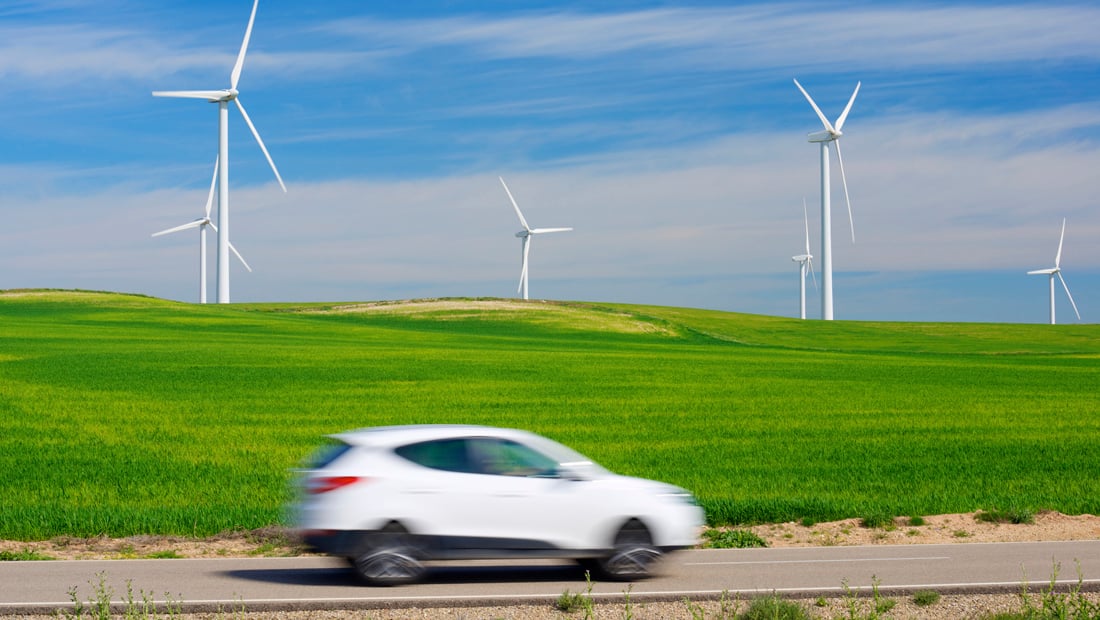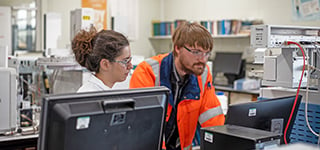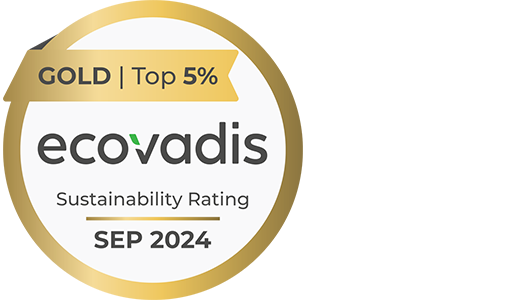Mixed energy economy: Sustainable fuels represent a key element of the clean transportation equation.

Today, the key challenge for our future is addressing climate change by reducing CO2 emissions. Haltermann Carless has long been committed to products based on renewable hydrocarbons, such as biofuels, and is fully committed to driving the advancement of sustainable mobility. Sustainable mobility and a low-carbon future can be achieved
in different ways and with different technologies. Achieving climate balance by solely relying on battery-electric vehicles
and renewable hydrogen is certainly not the all-embracing solution, because their readiness and value are at different stages.
Haltermann Carless, along with other industry experts and scientists, therefore strongly supports enabling a technology that is already available today and will remain an essential part of the solution to defossilize transportation in the years to come. This is the ‘electrified’ advanced internal combustion engine paired with advanced fuels made from renewable raw materials and renewable energy.
The solution to sustainable mobility will certainly include a range of technologies, including BEV, PHEV, hybrid ICE with advanced sustainable fuels from different origins and processes, and FCEV for heavy trucks. The exact mobility mix will depend on the use (ultra-urban or extra-urban), level of technological maturity, implementation timeline, primary energy mix and cost for both the end user and the community.
Renewable and bio-based fuels are an attractive key enabler for sustainable mobility and are already positively impacting the emissions of car and truck fleets. There is an existing large palette of sustainable components and base stocks that are produced from waste, or non-food-competitive second-generation sources, for manufacturing drop-in sustainable fuels. Some of these are already manufactured on a large or sizeable scale, and a growing number of projects for new production plants are set to become operational in the coming three years. Another future option
currently in focus is E-Fuel.
To tackle climate change, emissions must be considered on a full lifecycle analysis (LCA). Within the past two years a number of studies have been published demonstrating that a 100% BEV could emit CO2 at the same level as or, even higher than, an advanced hybrid ICE vehicle fueled with advanced sustainable fuel. This is based on an LCA calculation including metal extraction, battery construction, recycling and so on.
Haltermann Carless is ready to serve the automotive and motorsport industries with fuels including up-to-100% renewable components. As a simple drop-in solution and without any engine modifications, the sustainable fuels provide a true low-carbon solution while offering uncompromised performance. As a next step, and in line with its pioneering spirit, the company aspires to be the first commercial manufacturer in Germany to produce sustainable aviation fuels on a large scale.
These are ambitious goals, and Haltermann Carless is tackling them with the aim of making a significant contribution to greater sustainability in mobility.
xxx
This article has been published in the magazine "Automotive Powertrain Technology International" - January 2023.
Further information & download:
- Article as PDF - Page 54: "Mixed energy economy: Sustainable fuels represent a key element of the clean transportation equation."
- Electronic copy of the APTI January 2023 edition
- More information on Haltermann Carless Performance Fuels activities: products, applications, sustainable developments
Your contact:
Sandra Zirm
HCS Group GmbH
Edmund-Rumpler-Str. 3
60549 Frankfurt am Main, Germany
+49 69 695 386-117
pr@h-c-s-group.com

















